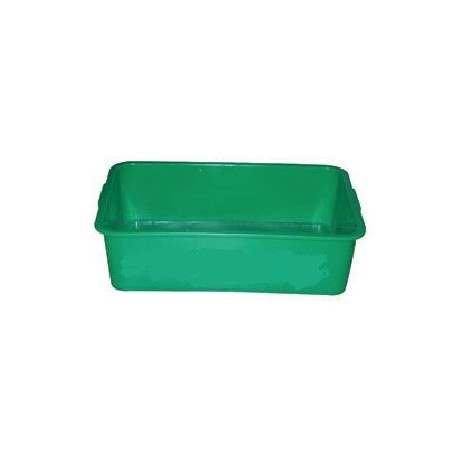"The construction of an ASF protection corridor along the Oder and Neisse is imperative to prevent further movement of infected wild boars from Poland," said the head of the crisis team, State Secretary for Consumer Protection Anna Heyer-Stuffer.
The epidemic in western Poland is highly dynamic and ASF has continued to spread in the areas bordering Brandenburg over the course of 2021. Effective containment of the ASF epidemic in Poland and a reduction in the high infection pressure on the German-Polish border are currently not expected. Bilateral talks between the federal government and Poland to establish an effective barrier directly at the border together with Poland have not led to any success.

Heyer-Stuffer: "The fence that we have already drawn along the border, unfortunately, does not provide sufficient security on its own, as we constantly find new carcasses infected with the virus in previously unaffected border areas. That is why we have to put up the second fence - along existing roads and paths and taking into account nature reserves."
The protective corridor should be at least 500 meters wide. Within this strip, the wild boar population is reduced to a minimum, an intensive search for carcasses takes place, and pig farms are particularly monitored. Among other things, co-financing from the EU is requested for the costs, and a solidarity-based financing model is developed by all federal states.
In Brandenburg, 1,196 cases of ASF have been confirmed in wild boar as of July 1, 2021. Domestic pigs have not been affected.
- Spree-Neiße district 96
- Oder-Spree district 627
- Märkisch-Oderland district 261
- Dahme-Spreewald district 76
- Frankfurt (Oder) 136
June 24, 2021/ MSGIV/ Germany.
https://msgiv.brandenburg.de/







